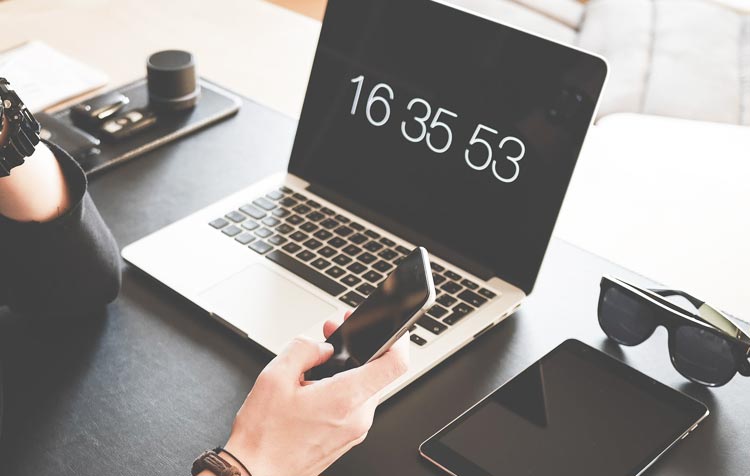
Screen Time Management: Strategies for Reducing Excessive Device Usage
By Adedayo Oyetoke, Published on: June 9th 2023 3 min, 540 word Views: 1145
In today's digital age, it's no secret that we spend a significant amount of time on our electronic devices. From smartphones and tablets to laptops and televisions, screens have become an integral part of our daily lives. While technology has undoubtedly made our lives more convenient and connected, excessive screen time can have negative consequences on our physical and mental health. In this blog, we will explore the importance of screen time management and provide practical strategies for reducing excessive device usage. We will also share real-life examples to illustrate the benefits of implementing these strategies.
The Impact of Excessive Screen Time
Excessive screen time can lead to a variety of health issues, including eye strain, sleep disturbances, and even obesity. Prolonged exposure to screens can also contribute to mental health concerns such as anxiety, depression, and addiction. For example, a study conducted by the American Psychological Association found that individuals who spent more time on social media were more likely to experience symptoms of depression and anxiety.
The Importance of Screen Time Management
Managing screen time is essential for maintaining a healthy balance between our digital and real-world experiences. By reducing excessive device usage, we can improve our overall well-being, foster stronger relationships, and enhance our productivity. For instance, a study published in the Journal of Experimental Social Psychology found that participants who limited their smartphone usage during social interactions reported higher levels of enjoyment and satisfaction.
Strategies for Reducing Excessive Device Usage
1. Set specific goals: Begin by setting realistic and achievable goals for reducing your screen time. For example, aim to reduce your daily screen time by 30 minutes or limit social media usage to specific times of the day.
2. Establish device-free zones: Designate certain areas of your home, such as the bedroom or dining room, as device-free zones. This will encourage more face-to-face interactions and help you disconnect from screens during specific times.
3. Use screen time tracking apps: Utilize apps like Moment or Screen Time to monitor your device usage and set daily limits. These apps can provide valuable insights into your habits and help you stay accountable to your goals.
4. Schedule regular breaks: Incorporate regular breaks from screens throughout your day. For example, follow the 20-20-20 rule: every 20 minutes, take a 20-second break and look at something 20 feet away to reduce eye strain.
5. Engage in alternative activities: Replace screen time with other engaging activities, such as exercise, reading, or spending time with friends and family.
6. Prioritize sleep: Establish a consistent bedtime routine and avoid screens at least one hour before bedtime to promote better sleep quality.
7. Turn off notifications: Disable non-essential notifications on your devices to minimize distractions and reduce the urge to constantly check your phone.
8. Practice digital detoxes: Schedule regular digital detoxes, such as a device-free weekend or a week-long break from social media, to reset your habits and reconnect with the world around you.
Conclusion
In conclusion, managing screen time is crucial for maintaining a healthy balance between our digital and real-world experiences. By implementing the strategies discussed in this blog, you can reduce excessive device usage and improve your overall well-being. Remember, it's essential to find a balance that works for you and to be mindful of the impact that screens have on your life.
